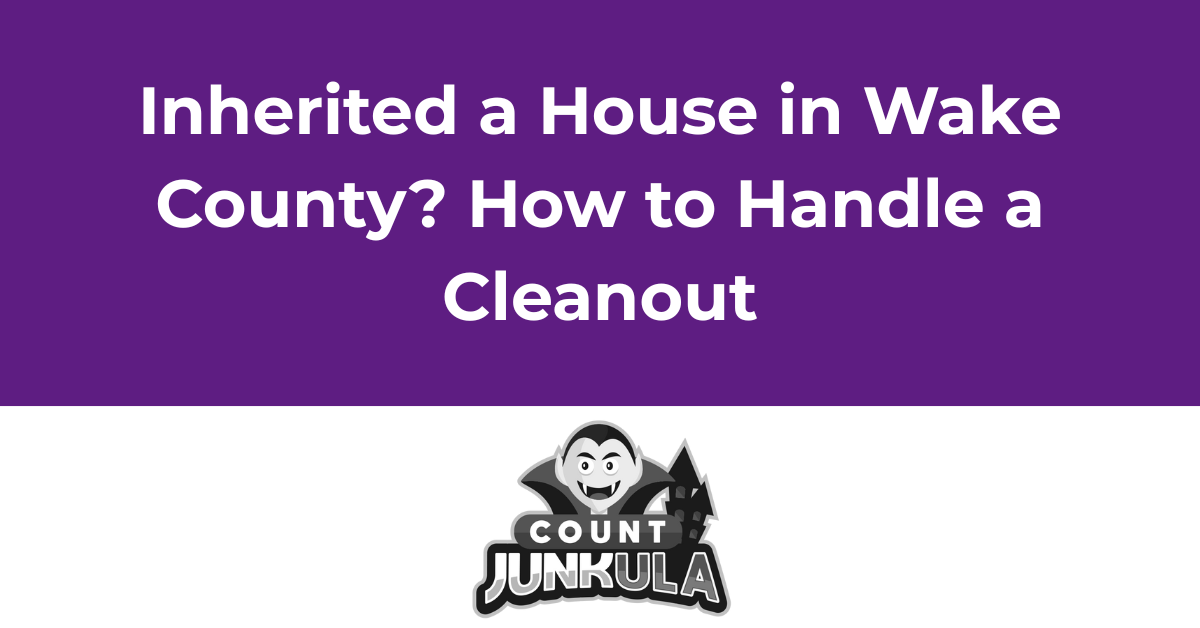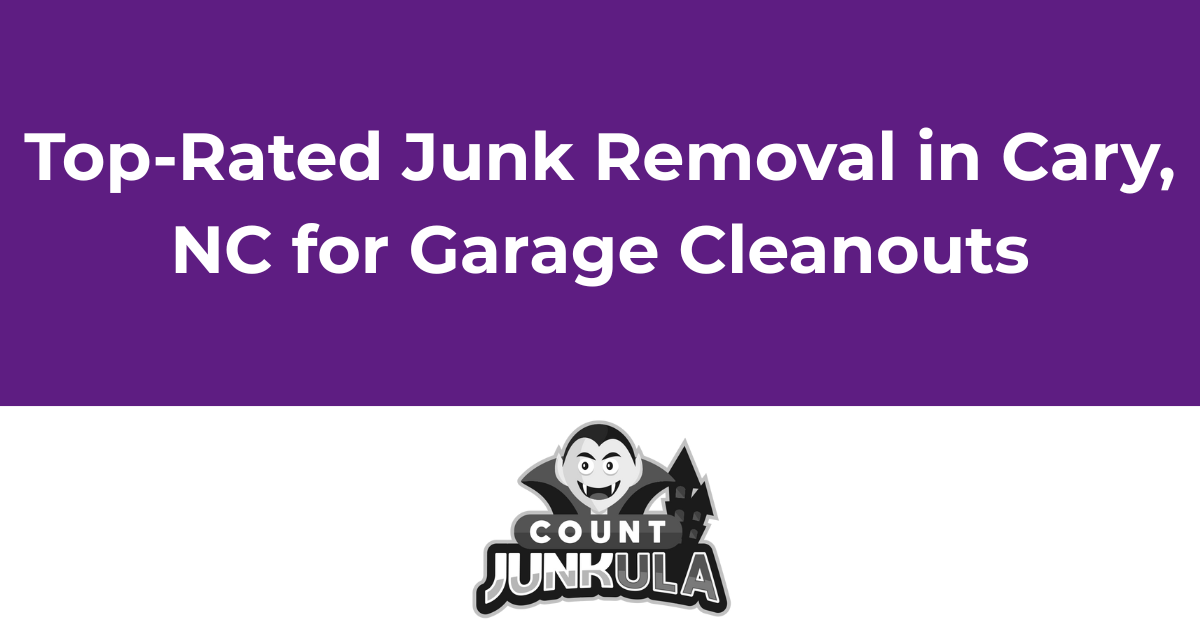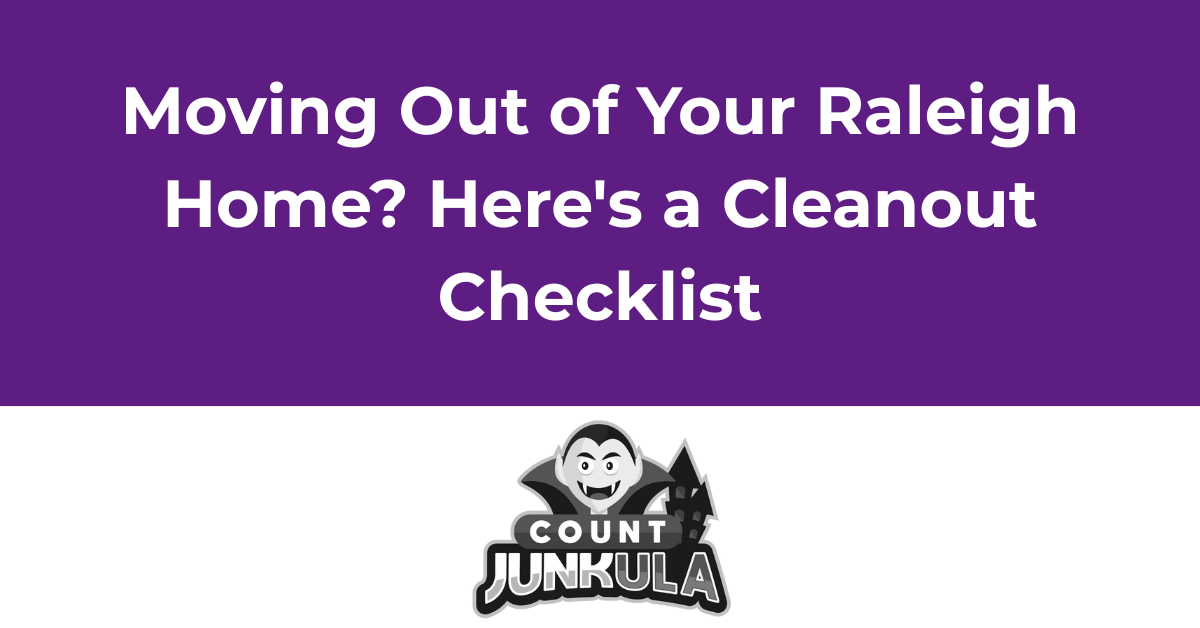
August 23, 2025
Inheriting a house in Wake County may seem like a fortunate turn of events, but it often comes with a host of emotional and logistical challenges. From sentimental belongings to forgotten clutter, the cleanout process can quickly become overwhelming—especially if the property hasn’t been occupied for some time.

August 23, 2025
In the rapidly growing town of Cary, NC, spacious suburban homes often come with the modern luxury of a garage. But rather than housing cars, many garages become makeshift storage units filled with decades of forgotten holiday decor, broken tools, outdated electronics, and boxes of mystery items.

July 23, 2025
Whole home junk removal is a comprehensive service designed to eliminate unwanted items from every area of your residence. Whether you're downsizing, preparing to sell, or simply tackling years of accumulated clutter, this service ensures that nothing is overlooked. Unlike single-room cleanouts, whole home removal addr

April 21, 2025
When was the last time you ventured into the upper reaches of your home? If you can’t remember the last time you braved the cobwebs and climbed into your attic, it might be time to schedule a professional attic cleanout. Over time, attics tend to collect dust, forgotten memories, and piles of unused junk. But with a li

March 29, 2025
Renting a dumpster might seem like the easiest way to handle junk removal, but it’s not always the best option. Whether you're cleaning out your home, renovating, or handling an estate cleanout, there are other convenient and cost-effective ways to get rid of unwanted items. Here are some alternatives to consider.












